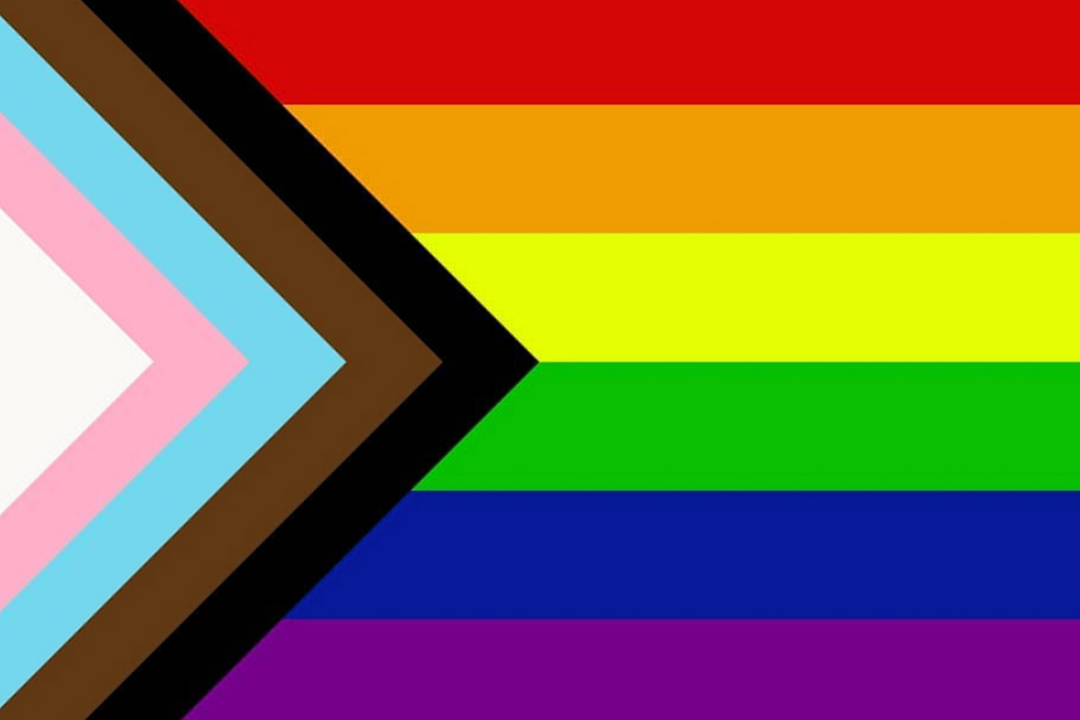
"Ally" is a word you hear a lot lately, and being an ally is something all of us can do. But, before you can know how to be an ally, you have to know what an ally is. According to Merriam Webster, an ally is "a person or group that provides assistance and support in an ongoing effort, activity, or struggle.”
What sort of communities need allies? Every community thrives off the support of allies, but most often, marginalized communities benefit most from allyship. Some communities that you most commonly see associated with the phrase ally are the LGBTQ+ and BIPOC (Black and Indigenous People of Color) communities, and often you will see those allies intersect with multiple communities. When you have multiple identities that fall into a variety of communities, for example, a Black queer woman or a white disabled boy, those identities intersect, that is called intersectionality.
Being an ally is all about supporting people because you can amplify their voices. There are a lot of ways to do that.
Let's talk about being an ally in school. These insights come from @homefromcollege on Instagram.
- Be an ally in the classroom
- Enroll in classes that challenge your point of view.
- If classmates are using slurs, charged language, or being problematic, call them out.
- Be an active listener.
- Use your voice
- Being an ally means using the privilege you have to amplify the voices of others, That also means speaking up and helping to educate. It isn’t the responsibility of the oppressed to educate.
- If you are involved in Greek life, explore how you can make your chapter a safer and more inclusive space.
- If you are part of a club, create inclusive and diverse events and programming.
- Learn
- Discover existing programs and explore them with your friends.
- Educate yourself. You have a supercomputer in your pocket, there is no excuse.
- Challenge yourself to have uncomfortable conversations with peers and educators.
Now let’s explore how to be an ally in life
- Be critical of your own actions. Are you a performative ally (someone who is only an ally when others are watching)? If you are, why? Have conversations and learn how to ensure your allyship is always.
- Do your research. Privilege allows people to ignore the disparities companies might commit because they don't affect you, but do they affect people you love? Find out, and if so, find somewhere that supports everyone.
- Be open and vulnerable. Change comes in waves, and sometimes you might have to adjust how you support your marginalized friends.
You can never clock out of being an ally, your support is always needed. You are going to mess up, it is inevitable but don’t let that stop you. Take a second, acknowledge your mistakes, learn from them and keep going. Remember it is never anyone else's responsibility to educate you on injustices that hurt them, if they experience it you can at least read about it.
“In the end we will remember not the words of our enemies, but the silence of our friends.”
- Dr. Martin Luther King Jr.
If you are interested in learning more about support and resources on our campus, visit: https://lgbt.utah.edu
If you are interested in how to support and get involved in your community, visit: https://utahpridecenter.org
Recent Posts
- How to Achieve Your Goals May 17, 2024
- Activities In Salt Lake City This Summer May 10, 2024
- How to Navigate Marriott Library April 12, 2024
- Exploring Student leadership: A look into University Life March 25, 2024
- Latte Lounge February 23, 2024
